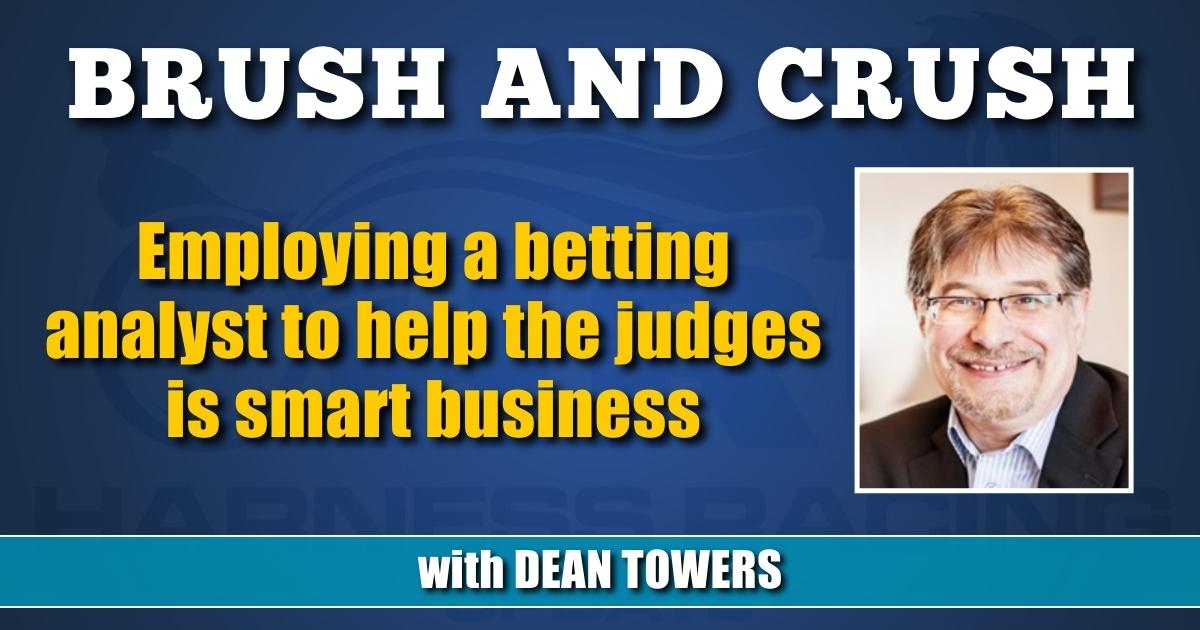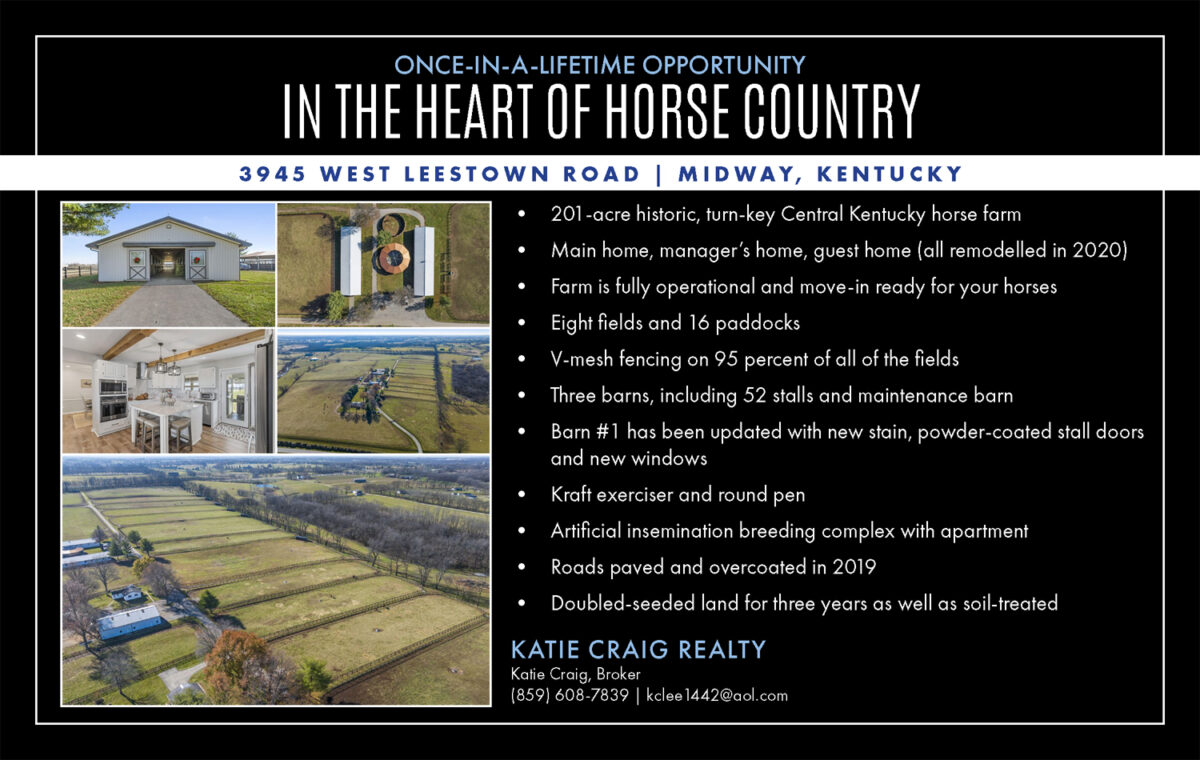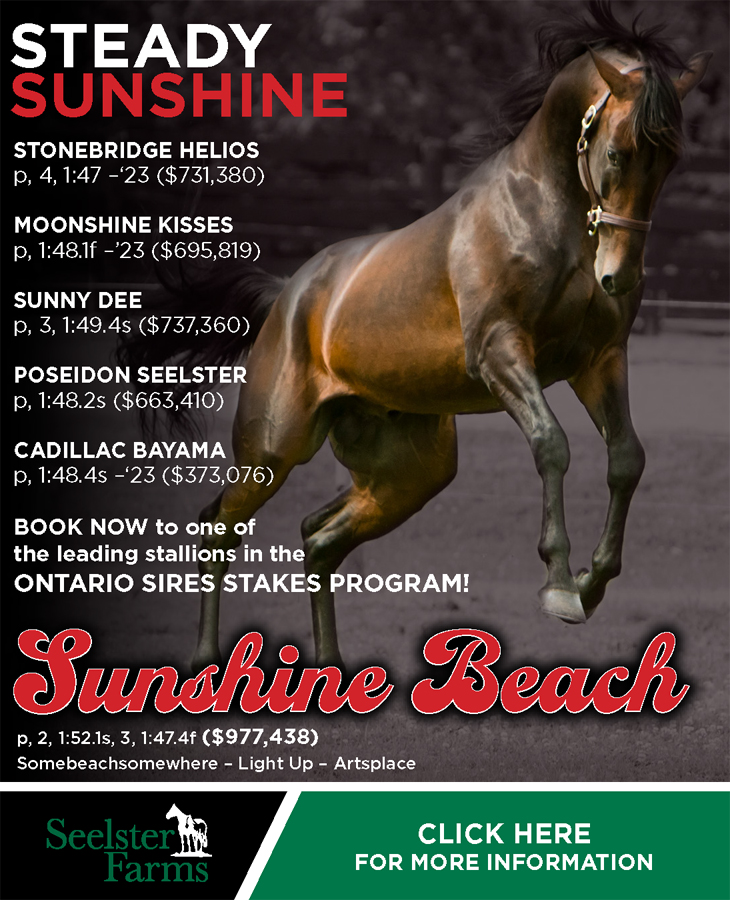

Employing a betting analyst to help the judges is smart business
Especially when racing rules, like many overseas, can be draconian and hard to adjudicate.
by Dean Towers
Pat Cummings of the Thoroughbred Idea Foundation often posts items of international racing flavor on social media.
This past week he highlighted a race in Hong Kong where jockey Vincent Ho dropped his hands on his mount right at the finish; the result of which was a dead heat for win. Because, according to the rule book, “every jockey shall ride his mount all the way to the end of the race to the satisfaction of the stewards” a full five-week suspension was handed down.
Meanwhile down in Australia, there’s actually a Victorian racing rule that says, “a driver shall not bet in a race in which the driver participates.” This rule was recently usedto suspend a driver for two years, for making 24 win wagers.
I know what you may be thinking; if harness racing in North America delivered five-week suspensions each time a driver didn’t pull a 3-hole with the chalk or took back to last with a 2-5 shot, there’d probably be few left to drive.
And policing driver betting? What a can of worms.
Despite those two rules that could be described by many as over the top, there is something that caught my eye recently, and again we’ll visit our friends Down Under, this time in Tasmania.
Earlier this year, an ABC News investigation uncovered some suspicious betting patterns, and strangely run races involving the meet’s leading harness trainer. After its airing, all hell pretty much broke loose.
Allegations of “team driving,” stewards looking the other way, and testimony about allowing drivers holes, soft paces, or moving over to let live horses pass up the inside were front and center. In sum, participants and bettors were apoplectic.
This led the government to act. A commission to investigate was formed, which is still ongoing, but several suggestions are already in the works.
One of them, which I think is not only proper, but very achievable is the employment of a betting expert to guide the judges.
“The Office of Racing Integrity will employ a betting analyst to assist across all three codes of racing, to provide real-time access to information to assist stewards in their inquiries, as well as providing the opportunity to proactively review trends in relation to betting on Tasmanian racing.”
Lately, in harness racing in the U.S. and Canada, we’ve all seen horses bet off the board that weren’t expected to be. We’ve all noticed what social media calls the “they knew” money, where a horse gets a perfect trip and wins easily after being well bet. We’ve seen holes given to some, closed to others. We’ve seen passing up the inside. This consternation could be nothing, could be something, but either way, I think that’s frankly irrelevant.
The problem is, at the present time there is no avenue for it to be addressed to anyone’s satisfaction. For the bettor angered at seeing something they (and others) didn’t expect in the third leg of a Pick-5, or for the mom-and-pop trainer getting run over after shipping a horse for hours, there’s no recourse. It’s like the lights are on and nobody’s home. It’s like no one cares.
Racing in North America can help fix this. Hiring a wagering expert to guide the judges, helping with investigations into wagering patterns and on-track conduct and other assorted tasks, can enhance transparency and aid the integrity of the game. That, in my view, is not draconian or over the top. It’s a commonsense goal.















